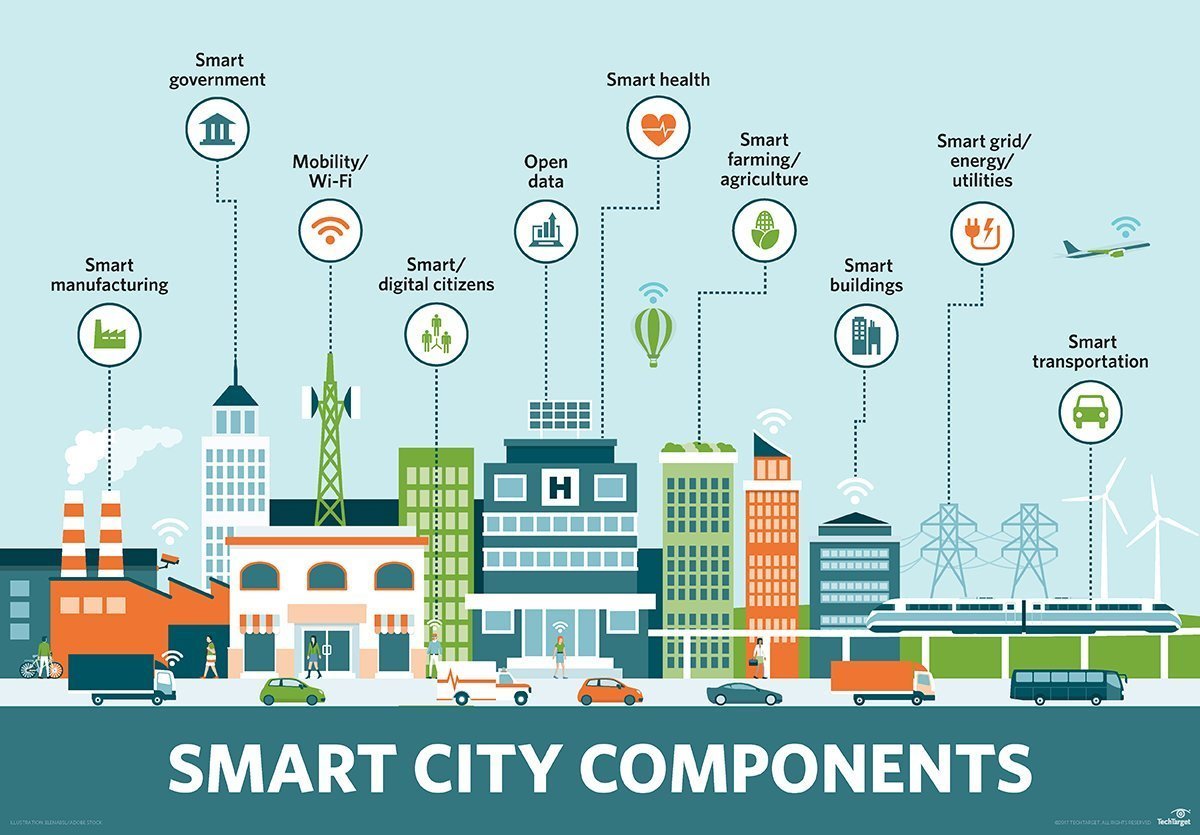Yes Africa can do it!
April 30, 2021 AfCFTA / africa / Agriculture / Akon / Angola / arable land / Cairo / Cape Town / City / Climate Change / Congo / Dar es Salaam / DRC / Egypt / energy / environment / Future of Earth / Future of Work / innovation / investment / Kinshasa / lagos / Luanda / nigeria / Rwanda / Smart cities / South Africa / Tanzania / Trade

As world tilts towards Space and AI to tackle current challenges in regards to efficient productivity, food security and overall development, the push towards entreneurship has been the guiding force to foster innovative solutions for sustainability and collective evolution. In the African context, Human Capital is one of its greatest assets that has been underutilized and often forgotten yet required for the Continent’s development and growth as it will determine the Continent’s stability and security. With a population of 1.2 billion people and approximately half of the nation being under the age of 30 years old, in addition to vast resources and country building needs, the African continent is positioned to surge as a powerhouse in Smart Cities. For the African continent that has been relentlessly building an entrepreneurial ecosystem requires 12 million jobs per year, as mentioned by AfDB, to address the unemployment challenges of the continent. A youthful region at a time of the fourth industrial revolution, the African Continent presents an opportunity for greater trade and investment with the US especially in key areas related to smart cities.
What better time to build new SMART resilient and sustainable cities? How timely is it to invest in skill development for the jobs of today and onward?
African government and companies in addition to Foreign investors and Diaspora Direct Investors, all should aim to primarily address the issue of connectivity that will allow access to numerous online courses and certifications which will provide professional development skills, virtual apprenticeship and linkages to US businesses offering specialized services. Furthermore, existing African institutions should be restructured by also utilizing AI, blockchain and other technological innovations, aside from training public servants to ensure that institutions are systemized. Moreover, African countries are still bare in development, which means an opportunity to leapfrog and build numerous smart cities taking into consideration the African context and climate change.
Of course, there are outliers such as Akon City that is outlandish, though with Public Private Partnerships (PPP) African countries can be the hub for smart cities that will create jobs and will force the educational system to align with the #FutureofJobs and #SmartCity needs. Think of countries such as Rwanda, Egypt and Ghana that are moving ahead with smart cities. It is reported, “by 2030, it is expected that 6 of the world’s 41 megacities will be African, the cities being Cairo, Lagos and Kinshasa joined by Johannesburg, Luanda and Dar es Salaam”.
AfCFTA presents an opportunity for the African countries to agree on building one free trade area based on collective strengths showcasing each country’s key attributes. Under the AfCFTA, which includes the free movement of people would mean that skilled labor can move from one country to another without any challenges. Of course there are regional conflicts, competitiveness and terrorism challenges that need to be rapidly addressed to possibly move towards nation building, countries development and Continent-wide free trade area.
In the 4th industrial era, building Africa Smart cities is the way forward especially with a Continent that is strategically positioned to build cities to strengthen human capital, create sustainable economies of scale and establish country brands. Given the importance of linking innovative solutions with opportunities for the #FutureofEarth, agrifrica.com platform focuses on agriculture because Africa has 60% of the world arable land, energy as it will take 60 years to achieve Universal Access to Electrity which presents great opportunity for investment, and the environment as it is related to Climate Change. If you want to receive our Agrifrica Newsletter, subscribe at agrifrica.com.
« Branding Human Capital